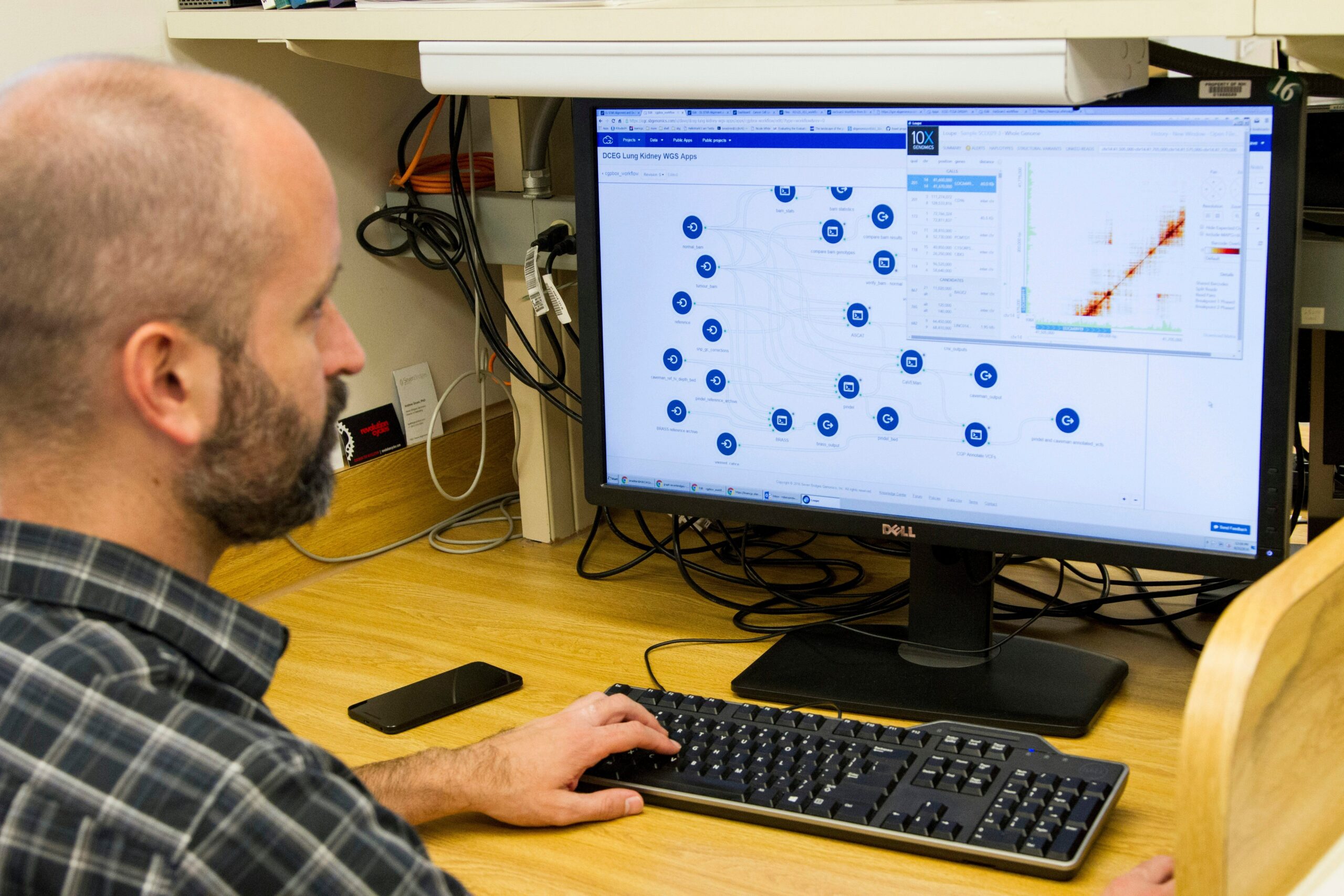
Singing classic hits from artists like Elvis and The Beatles may significantly enhance the quality of life for individuals suffering from lung diseases, according to groundbreaking new research. This study, led by Professor Natasha Smallwood from Monash University and Alfred Health, reveals that singing can alleviate symptoms associated with chronic lung conditions. Although the findings are yet to be published, they are expected to gain recognition in a major medical journal.
Professor Smallwood highlighted the distressing nature of chronic breathlessness experienced by patients with chronic obstructive pulmonary disease (COPD) and interstitial lung disease (ILD). “Chronic breathlessness is a common and highly distressing symptom for people with chronic obstructive pulmonary disease and interstitial lung disease,” she explained. “Yet there is a lack of safe, effective, and acceptable treatment options for managing this symptom.”
Exploring Group Singing as a Therapeutic Tool
Group singing has been increasingly utilized to manage symptoms and improve the quality of life for those with neurological, mental health, and respiratory conditions. However, Professor Smallwood emphasized the need for more evidence to support its benefits, particularly for individuals with ILD. Interstitial lung disease encompasses a range of conditions that cause progressive scarring and inflammation of lung tissue, impacting hundreds of thousands globally. COPD, on the other hand, affects approximately 400 million people worldwide.
The SINFONIA study, presented at the European Respiratory Society Congress in Amsterdam, involved patients participating in 90-minute online group singing sessions once a week for 12 weeks. These sessions, conducted via Zoom, were crafted by a registered music therapist and included warmups, breathing exercises, song singing, and social check-ins to foster group connection.
Study Findings and Implications
Participants were provided with iPads and free data plans to minimize barriers to participation. The group sang well-known songs like “Can’t Help Falling In Love,” “Let It Be,” and “Pack Up Your Troubles.” Out of 101 participants, 50 engaged in singing sessions, while 51 received usual care, which included smoking cessation, respiratory vaccines, inhaler therapy, self-management education, and anti-fibrotic medications.
Among the participants, 64 had COPD, and 37 had ILD. The study utilized the SF-36 questionnaire to assess quality of life across eight domains, including pain, social function, general health, and fatigue. The results were compelling:
SF-36 scores were 7.4 points higher in the singing group compared to the control group.
Professor Smallwood noted, “Compared to usual care, taking part in the SINFONIA singing program led to improved quality of life for people with chronic obstructive pulmonary disease or interstitial lung disease with chronic breathlessness.” The most significant improvements were observed in those attending at least eight of the twelve sessions, particularly in domains measuring limitations due to physical health or emotional problems.
Understanding the Mechanisms Behind the Benefits
Interestingly, the study suggested that women, individuals with anxiety or depression, and those who hadn’t previously undergone pulmonary rehabilitation experienced the most substantial improvements in quality of life. Professor Smallwood remarked, “The way in which group singing improves quality of life remains unclear and may vary for different participants. But it could be due to better control of breathing, social connection, or mood improvements.”
This research, funded by the Windermere Foundation and the National Health and Research Medical Council in Australia, underscores the potential of non-traditional therapies in managing chronic lung diseases. The findings, though preliminary, highlight a promising avenue for enhancing patient care and quality of life.
The announcement comes as healthcare professionals continue to seek innovative approaches to manage chronic conditions effectively. As the study awaits publication, it signals a shift towards integrating holistic practices in medical treatment plans.
For more information, please refer to the European Respiratory Society Congress, Abstract no: RCT2291, “The SINFONIA study: a phase III randomised controlled trial of an online group singing intervention for people with COPD or ILD,” by Natasha Smallwood et al.




